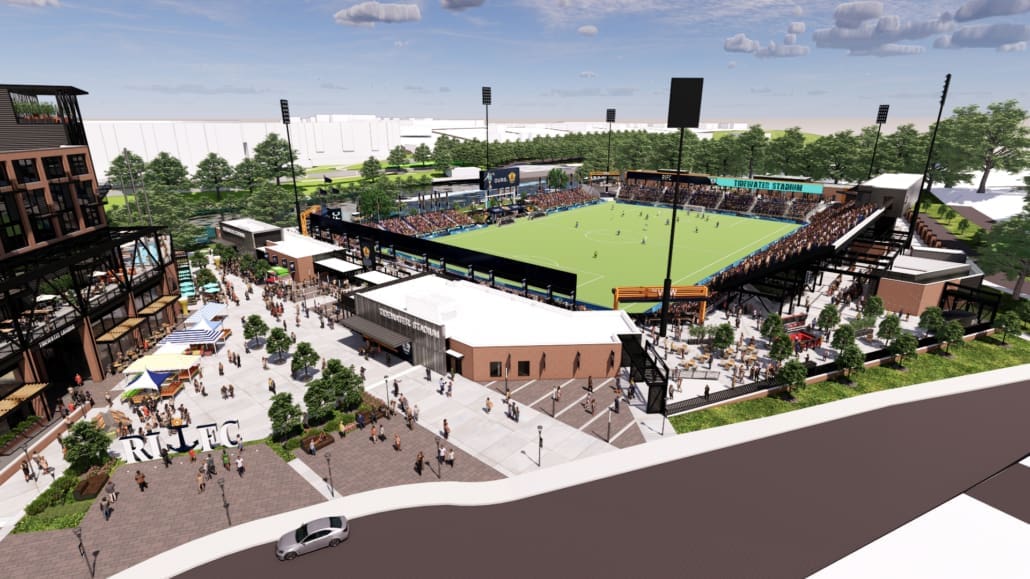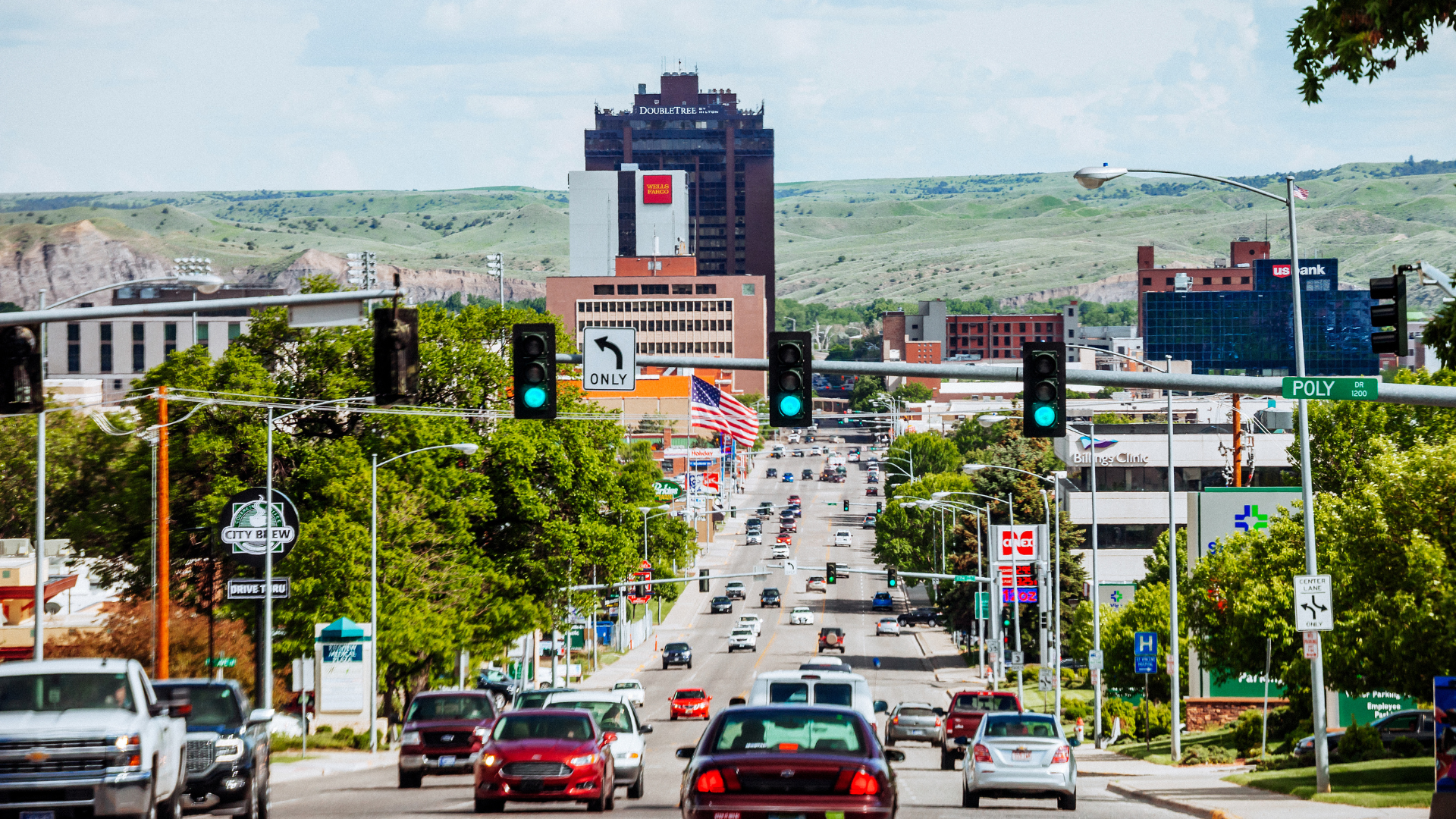
Rectangular Sports and Stadiums: A Strategic Asset Class
Investment in sports infrastructure has been gaining traction as a strategic asset class, and the new Tidewater Stadium in Rhode Island is a prime example of this trend. With its rectangular design tailored to host soccer, rugby, and lacrosse, among other sports, Tidewater Stadium is a case demonstrating just how such facilities can become centers of revenue generation. While the popularity of rectangular sports remains on the rise, these facilities are more and more recognized for their versatility, their economic impacts, and as a catalyst for urban development.
The Strategic Appeal of Rectangular Stadiums
Unlike their baseball or oval-shaped counterparts, rectangular stadiums are made for more than one sport; hence, they are highly flexible assets for event organizers and provide lucrative opportunities for investors. My investment strategy with Rhode Island FC (RIFC) has always emphasized this adaptability. After acquiring the market rights for Rhode Island in 2018, we planned a $130 million, 10,500-capacity stadium primarily for soccer but also capable of hosting a variety of sports and events.
If you have a baseball stadium, what you have is a baseball stadium. Full stop. In contrast, I’m highly optimistic about the potential of rectangular sports and stadiums as an asset class because of their versatility and ability to accommodate a wide range of events.
Tidewater Stadium: A Multi-Use Venue
Tidewater Stadium’s design is emblematic of a shift toward multi-use, revenue-generating sports facilities. The stadium, set to open in 2025, will not only host RIFC’s USL Championship matches but also be available for professional, college, and high school sports, as well as concerts and other events. This approach maximizes the stadium’s utility, allowing it to remain active year-round, even in colder months, with plans for a winter skating rink and other activities.
Unlike most single-use venues, a stadium may secure streams of income: sales of tickets, naming rights, premium seating, concessions, car parking, and merchandise sold. My vision for Tidewater would involve tapping into all those possible sources of income, making it a venture well beyond hosting soccer games profitably.
Economic Impact and Urban Development
Tidewater Stadium is something more than sports investment; it is an economic development driver for the City of Pawtucket, the State of Rhode Island. The stadium also forms a component of a larger plan including mixed-use developments, retail spaces, and even a possible residential unit on an adjacent piece of land. This type of mixed-use approach is purposed to elicit activity economically, enhance property values, and attract businesses and people to the area, further enhancing the role of the stadium as a strategic asset.
This kind of development is by no means unique to Rhode Island. Cities nationwide are investing in rectangular sports facilities that serve dual purposes as centers of activity and economic development. By placing such stadiums within larger urban development projects, municipalities are able to utilize sports infrastructure as a catalyst for growth and new possibilities for business and resident alike.
The Business Case for Rectangular Sports
This is a strategic business investment in line with current trends within the sports industry. As many forms of sports, such as soccer, lacrosse, and rugby, become popular, there is now more demand for multi-use venues. This provides an avenue for investors into a growing market by developing multi-use facilities. Tidewater Stadium’s potential for profitability is underscored by the success of USL clubs like Louisville City and the Colorado Switchbacks, which have seen revenue growth after moving to purpose-built stadiums.
Rectangular sports stadiums are becoming a valuable asset class in the investment landscape. Tidewater Stadium in Rhode Island reflects this trend, offering a multi-use venue that supports the growth of various sports and promotes economic development and community engagement. With the demand for such facilities on the rise, stadiums like this one now present the perfect avenue for investors to diversify their portfolios while meeting the emerging demands for adaptable sports infrastructure. Right at the epicenter, strategically located, Tidewater Stadium is sure to be an important asset to USL and a role model for future sports investments.
About the Author
Brett M. Johnson is the founder and CEO of Benevolent Capital, founder and partner of Fortuitous Partners, and co-founder and chairman of Rhode Island FC. He holds a bachelor’s degree from Brown University and an MBA from Pepperdine University’s Presidential/Key Executive program, with additional leadership training from Harvard Business School’s President’s Leadership Program in 2014. Brett is an active member of the Young Presidents Organization.
*Disclaimer: The information provided is for informational purposes only and should not be construed as financial or investment advice. Always consult with a qualified financial advisor or wealth manager before making any investment decisions.



















